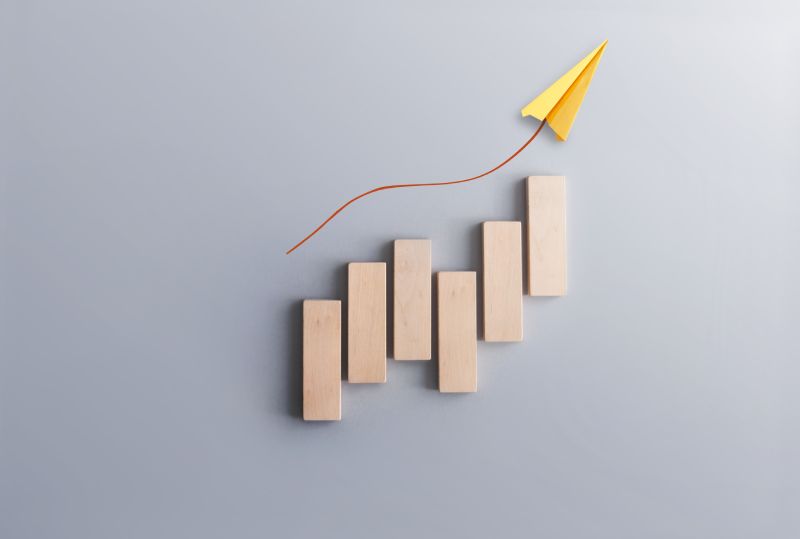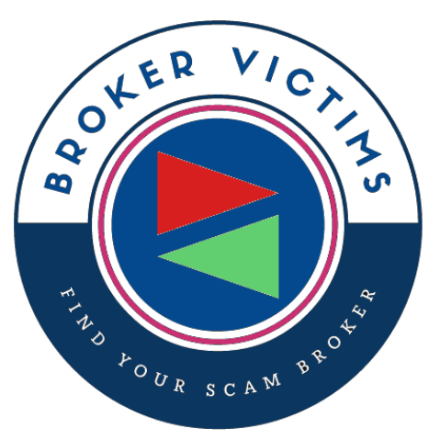How To Recover From Forex Scams
Scams are a serious problem that affects many people around the world. Forex, or foreign exchange, is the trading of currencies on a global market. Forex scammers lure investors with promises of high returns, low risks, and easy access to the market. However, they often use fraudulent practices such as manipulation, deception, and misrepresentation to cheat their victims out of their money.
There are many types of forex scams, but some of the most common ones are:
These are scammers who claim to have access to insider information or secret algorithms that can predict the movements of the forex market. They offer to sell their signals or recommendations to investors for a fee or a subscription. However, their signals are often based on false or outdated data, or they are simply random guesses. They may also manipulate their results to make them look more profitable than they really are.
These are scammers who claim to have developed automated trading software or robots that can execute trades on behalf of investors. They claim that their robots can generate consistent and high profits with minimal human intervention. However, their robots are often poorly designed, unreliable, or infected with malware. They may also perform poorly in volatile or changing market conditions, or they may execute unauthorized trades that result in losses.
These are scammers who pose as legitimate forex brokers or traders, but they are actually unregulated or unlicensed entities. They may offer attractive trading conditions, such as low spreads, high leverage, or bonus offers. However, they may also engage in unethical or illegal practices, such as manipulating the prices, delaying the execution of orders, refusing to process withdrawals, or disappearing with the investors’ money.
These are scammers who operate a fraudulent investment scheme that pays returns to existing investors from the money collected from new investors. They may claim to have a successful forex trading strategy or system that can generate high returns for their investors. However, they do not actually trade on the forex market, but they use the money from new investors to pay off the old ones. They rely on attracting more and more investors to sustain their scheme, but eventually they run out of money and collapse.
If you have been scammed by a forex broker or trader, you may feel angry, frustrated, and hopeless. You may wonder if there is any way to recover your losses and get justice. The good news is that there are some steps you can take to try to recover from forex scams and protect yourself from future ones.
Here are some tips on how to recover:
The first thing you should do is report the scam to the relevant authorities in your country or region. Depending on where you live, this may include the police, the financial regulator, the consumer protection agency, or the anti-fraud center. You should provide as much information as possible about the scammer, such as their name, contact details, website, account number, transaction history, and any evidence you have of their fraudulent activities. Reporting the scam can help you get legal assistance, prevent other people from falling victim to the same scammer, and possibly recover some of your money.
The next thing you should do is contact your bank or payment provider and inform them that you have been scammed. You should ask them to stop any further payments to the scammer and to reverse any transactions that have already been made. Depending on the type of payment method you used and the terms and conditions of your agreement, you may be able to get a chargeback or a refund for some or all of your losses. However, this is not always guaranteed and may depend on factors such as the time frame, the amount, and the evidence you have.
If you have lost a large amount of money or if you are facing legal issues due to the scam, you may want to seek professional help from a lawyer, an accountant, or a financial advisor. They can help you assess your situation, advise you on your options, and represent you in any legal proceedings. They can also help you file a claim or a lawsuit against the scammer if there is enough evidence and if it is feasible. However, you should be careful when choosing a professional and make sure they are reputable, experienced, and trustworthy. You should also avoid paying any upfront fees or signing any contracts without reading them carefully.

The last thing you should do is learn from your experience and avoid making the same mistakes again. Forex scams can be hard to detect and prevent, but there are some warning signs and red flags that you can look out for. Some of them include:
- Unrealistic or exaggerated claims of high profits and low risks
- Lack of transparency or regulation
- Pressure to invest quickly or urgently
- Requests for personal or financial information
- Difficulty in withdrawing your money or closing your account
- Unsolicited calls or emails from unknown sources
You should also educate yourself about forex trading and how it works before investing your money. You should understand the risks involved, the fees and charges applicable, and the strategies and tools available. You should also research the broker or trader you are dealing with and check their reputation, credentials, and reviews. You should only trade with regulated and licensed brokers or traders who have a clear and fair terms of service.
Forex trading can be a rewarding and exciting activity if done properly and responsibly. However, it can also be a risky and dangerous one if done carelessly and impulsively. By following these tips, you can hopefully recover from forex scams and avoid falling victim to them again.
